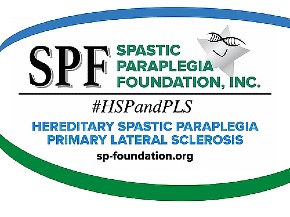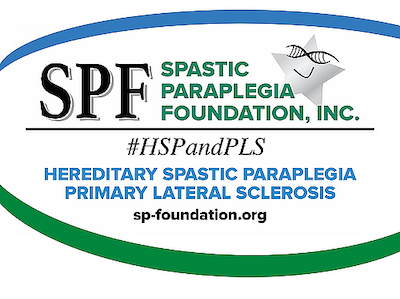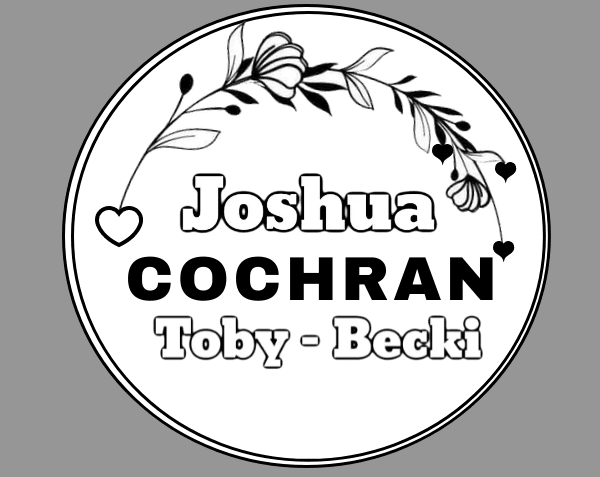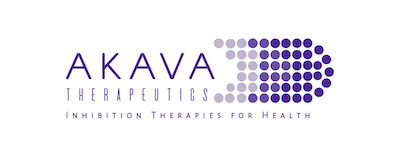Audentes Therapeutics (BOLD), a developer of experimental gene therapies, will announce Monday that it aims to create new treatments for two forms of muscular dystrophy: Duchenne muscular dystrophy and myotonic muscular dystrophy.
Duchenne, in particular, is one of the most competitive areas in the hot new field of gene therapy, which uses viruses to embed new genes in the cells of sick patients. Several other companies, including Sarepta Therapeutics (SRPT) and Pfizer (PFE), have active gene therapy efforts targeting the disorder, a genetic disease that afflicts boys and dramatically shortens their lives. The two new Audentes approaches have not yet been tested in humans.
“We’re going into it with what we believe is a differentiated program, versus the other programs, and one that we feel has great potential to be the best in class,” said Matthew Patterson, Audentes’ co-founder, chairman, and chief executive.
Audentes had telegraphed to investors that they should expect it to start a new program. One Wall Street analyst, Christopher Raymond of Piper Jaffray, had predicted it would be in Duchenne.
Patterson worked at rare disease pioneers Genzyme and BioMarin before a long run as a top executive at Amicus Therapeutics, where he was briefly chief executive. After Amicus’ founder, John Crowley, re-took the helm in August 2011, Patterson left to become an entrepreneur-in-residence at OrbiMed, a healthcare-focused investment firm. There, he ran into research on a deadly childhood genetic disease, X-linked myotubular myopathy, that could be studied in dogs because the animals had a similar genetic mutation to kids with the disorder. That work, by Wake Forest University researcher Martin “Casey” Childers, was instantly appealing to him. “I immediately, within 72 hours, decided this is what I want to work on,” Patterson said recently.
Trending Now:
‘We owe much to the Sackler family’: How gifts to a top medical school advanced the interests of Purdue Pharma
Patterson co-founded Audentes in 2012. Audentes made an early bet on building its own manufacturing for the viral “vectors” — the adeno-associated viruses that are used to insert new genetic material into patients’ cells —that are used in its treatments. The company went public in July 2016 and its shares have increased 61% since, giving the company a market capitalization of $1.7 billion, largely based on the results so far in early-stage trials with patients with X-linked myotubular myopathy.
It was the company’s capacity to make viral vectors, Patterson said, that led Audentes to search for new diseases to treat. Both new muscular dystrophy programs are based on work done at Nationwide Children’s Hospital in Ohio. The Duchenne program come from the laboratory of researcher Kevin Flanigan, director of the center for gene therapy at Nationwide. The myotonic muscular dystrophy program comes from the laboratory of Nicolas Wein, a principal investigator at that center.
The Duchenne work is different from existing gene therapy efforts, which make a shortened version of the protein dystrophin that is dysfunctional in the disease. Instead, Audentes uses “exon-skipping,” the same approach taken by Sarepta’s approved drug, Exondys 51. It aims to create RNA molecules inside the cell that cause the body to “skip over” misstatements in the gene, creating a more complete dystrophin protein.
Patterson says that its gene therapy will work better than Exondys, which is a drug, because the gene therapy will get into patients’ muscle cells more effectively. But the appeal of the Audentes approach also relies on the assertion that this longer-length dystrophin, made by exon-skipping, will function better than the shortened dystrophin being used in the other gene therapy approaches from Sarepta and Pfizer. (The full dystrophin gene is too long to fit in an adeno-associated virus.)
In myotonic muscular dystrophy, the disease is actually caused by malfunctioning RNA. A similar gene therapy will aim to disrupt these malfunctioning bits of RNA code within the cell.
Audentes said that the Duchenne product, AT702, will be ready to enter an initial trial in boys with the disease in the fourth quarter of this year. The company plans to ask the Food and Drug Administration for permission to begin a study in myotonic muscular dystrophy type 1 next year.















